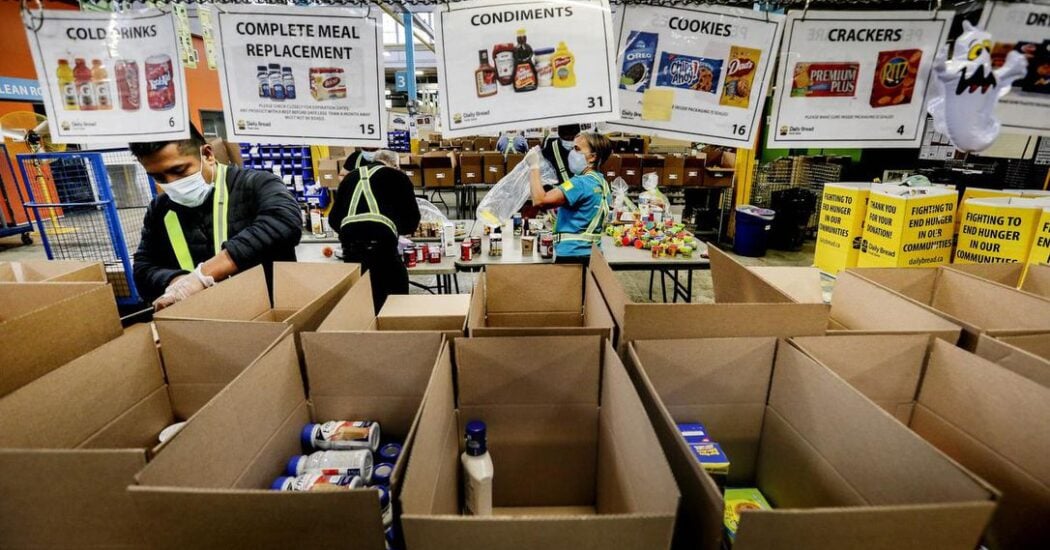
KJIPUKTUK (Halifax) – I don’t want to go back to normal once COVID-19 ends, and neither should you. For too many people, and I am one of them, normal means tooth and nail survival. And it’s only getting worse for people like us.
But it doesn’t have to be like that! We need to look at where we are…and the pandemic has revealed some ugly truths. Provincial and federal governments endlessly repeat that they are here to “help the most vulnerable”.
Numbers don’t lie
Numbers don’t lie, I’d like Stephen McNeil to respond to:
Child poverty in Nova Scotia has increased, again. As the Nova Scotia Centre for Policy Alternatives recently reported, one in four children are living in deep poverty. Worse yet, one in three children under six is living in poverty. And worse yet again, those numbers skyrocket for BIPOC children.
We are facing a housing crisis, both in availability with a statistically significant low vacancy rate of 1%, and in terms of affordability. The unhoused population of Halifax has doubled in the past few weeks. The elderly, disabled, and low income Nova Scotians can not even afford inadequate housing. We have some temporary relief here with a renoviction ban and 2% rent increase cap. But the housing crisis will not magically solve itself once the state of emergency is over.
Income Assistance shelter rates have not meaningfully increased since 1996 ($535 for rent and utilities). The ridiculous “income transformation” that took place last year “standardized” rates with a 2% or 5% increase. This is not an increase, it doesn’t even account for a year’s worth of inflation, let alone 24 years’ worth.
See also: Welfare changes nothing but smoke and mirrors
For reference, the CMHC shows how median rent in Nova Scotia (not accounting for utilities which have also increased) for a 1 bdrm in 1996 was $475, in 2019 $875 (54% increase from 1996), in 2020 in Halifax it is now $1375 (a 345% increase from 1996)!
Let’s not forget the working poor either. A recent report by The Canadian Centre for Policy Alternatives on living wages states minimum wages in Nova Scotia are “well below living wages in any community”. For reference, minimum wage in 2020 is a miserly $12.55/hr, a living wage is $21.80 in Halifax.
To add insult to injury, the front line essential workers keeping society functioning through the pandemic have had their “hero pay” removed. As dismal as this is, to give you an idea of the scale of inadequacies faced by people receiving Income Assistance and disability supports in Nova Scotia… if Income Assistance was a minimum wage paid for 35 hours/wk work it would be $4.19/hr. If you’re disabled and receive the “enhanced rate” (a whopping 45% of the poverty limit), it’s equivalent to a wage of $6.07/hr.
Nova Scotia is also leading the country in food insecurity, and it’s on the rise with help from pandemic profiteering and supply chain challenges. We have experienced a 4% increase in the cost of food nationally the last three years in a row, and that trend is expected to continue in 2021. A 4% increase might not seem like much, but this amounts to hundreds of dollars a year. Let’s circle back to inadequate wages everywhere in Nova Scotia, and Income Assistance and Disability Supports well below the poverty limit.
Women and BIPOC Nova Scotians are facing disproportionate impacts from job loss, and lack of childcare. Which worsens shelter security, food security, child poverty, and any chance of getting even one step closer to escaping the poverty trap.
Poverty costs Nova Scotia $2.4 billion dollars a year
These are not recent discoveries, Stephen McNeil knows all of this, he just doesn’t care. These outcomes are a matter of policy, his policy. It’s business as usual and the income inequality widens and the most vulnerable are left further and further behind. And it leaves the average Nova Scotians further behind too. Poverty costs Nova Scotia $2.4 billion dollars a year. I’m done with normal, I don’t want to go back to this, I want something better. And better costs us less!
One gift Covid19 has given us is the proof that if and when governments want to act, the response is swift, as is evidenced by the CERB and its counterparts. We need this kind of immediate response to save the tens of thousands of Nova Scotians who’ve been left behind, exposed to the rising tide of crisis without a boat.
These are not recent discoveries, Stephen McNeil knows all of this, he just doesn’t care. These outcomes are a matter of policy, his policy
I am disabled, and I receive a disability support of $850 per month, less than half the poverty limit. And that was before the added expenses of sanitizer, cleaning supplies, masks and PPE, increased (or no) transportation to assess doctors and food, increased food prices, etc.
To date, the total support I have received is a single $50 supplement from the province, and $145 in additional GST from the federal government. Seniors received a one time support of $500 and their GST.
Some disabled people received a one time support of $600…but the federal definition of disability is so ableist and narrow that it excludes 60% of disabled Canadians! There have been some small changes to this program, but one must still have the ability, the resources, a knowledgeable doctor, and often an expensive lawyer to qualify.
Here too the Student CERB (the CESB) tells us how easy it could be. Students received a monthly support of $1225, if they were disabled it was $2000. To qualify for disability…they had to check a box declaring disability.
At a provincial level, we can look to British Columbia. Their Income Assistance disability clients received a monthly pandemic support of $300 from April. Disability income is now $1535 a month (almost double what Nova Scotia provides), but it is still well below the poverty limit. Unfortunately this has changed slightly, but disability recipients will still receive a total provincial emergency support of $3650…that is 73 times more than the Nova Scotia government has provided to its most vulnerable citizens.
I am grateful so many Canadians were able to access direct supports in this time of crisis. You need and deserve income support. I am also horrified at the number of Canadians who, through no fault of their own, experienced job loss, who received government income support…and yet were attacking seniors, the disabled, and low income families and individuals for wanting the same.
The Throne Speech made mention of a GIS for people with disabilities…but I’m not holding my breath…we were in crisis before Covid, we are in a deeper crisis now, and for all the talk of “supporting the most vulnerable”, almost nothing has been done to date.
What to do
A better future for all Canadians will require some class consciousness and solidarity. When we are truly in this together, we actively advocate for everyone. We need to collectively demand the federal and provincial governments act now. We need:
- A living wage
- Immediate increases to IA, Disability, and Seniors income to a living support
- Paid sick days for all
- Green social housing
- Rent control measures (like taxing vacant properties)
- Universal childcare
- Better public transportation, make it green and free
The pandemic has revealed gaps in the social safety net that have been in plain sight for a long time. We ignore them at our collective peril. It has also shown that swift action is possible, and that the fate of the vulnerable does impact the well off.
I don’t want to go back, I want us to boldly go forward, caring together about one another and the planet. Please join me in writing your representatives to say you are not ok with any of this. Demand the recommendations of the Child and Family Poverty report be implemented immediately. Demand that a living wage and paid sick days for everyone, to protect us all. Demand real action to address affordable housing.
Remind Stephen McNeil that poverty costs Nova Scotia $2.4 Billion dollars a year, and you want your tax dollars to support dignity and equality while also saving money.
See also: Be prepared: Dealing with a natural disaster when you’re poor or disabled
With a special thanks to our generous donors who make publication of the Nova Scotia Advocate possible.
Subscribe to the Nova Scotia Advocate weekly digest and never miss an article again. It’s free!




Glad that homelessness is being addressed by your press MT